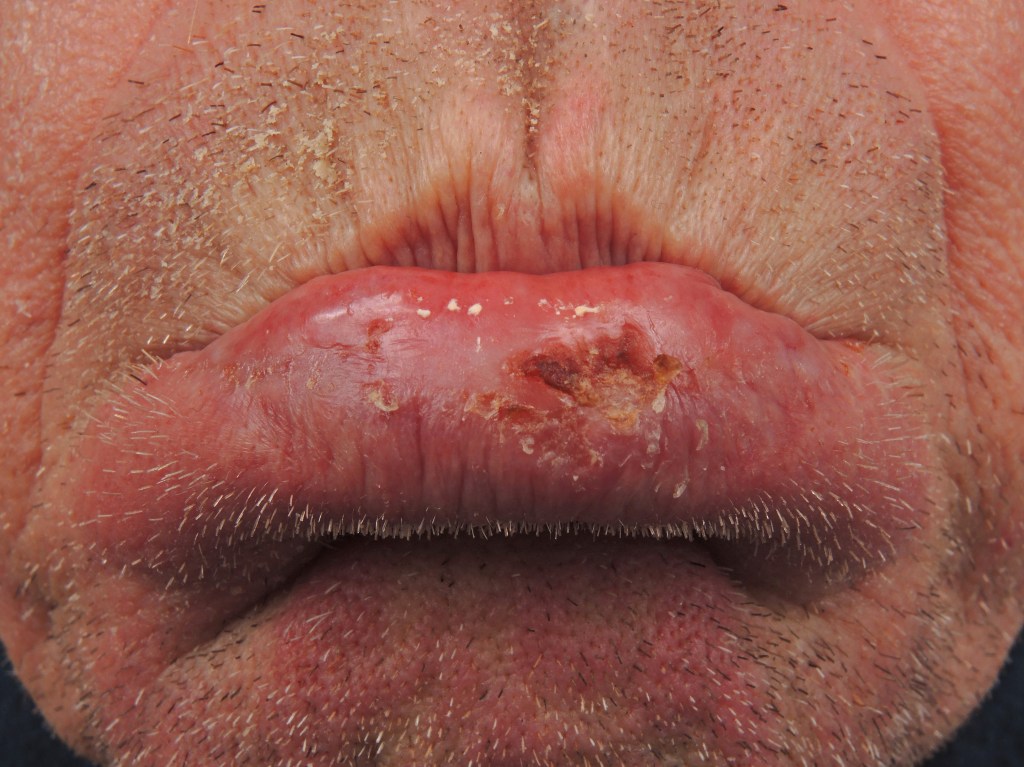If you are among the 36% of Americans who are afraid of the dentist, it is time to ask yourself which is more scary – thinking about a cleaning or lacks the opportunity to catch oral cancer before it is late?
“Oral cancer is often detected at a late stage because people do not recognize early symptoms,” said Nina Gonzero, oral specialist at Dental Avangart clinic in Istanbul. “We urge everyone to receive regular dental controls, as dentists are often the first to distinguish the signs of early warning.
Oral cancer can hit, under or at the base of the tongue, along the throat or in the lining of the mouth, gums and cheeks. While you may already know the usual signs of continuous mouth signs, bumps and red or white-vanguar patches recently revealed five less popular symptoms that require immediate attention.

Tooth
A loose tooth that will not heal without any obvious reason, especially if it is paired with pain or swelling, can signal more than a standard dental issue. It can be a red flag for oral cancer.
A tumor that forms around the jaw can cause serious damage, weakening the bone structure and releasing the teeth. Oral cancer can also affect the tissues that support your teeth, causing them to move or change the way you fit together when you bite.
Strange sensation
If you are going to experience constant numbness or tingling in your mouth or throat without any obvious cause, it can be an early sign of cancer.
This occurs when a growing tumor crushes on the nerves in the mouth, leading to a loss of sensation in areas such as lips, tongue or jaw.
Ear pain
A constant ear pain that does not affect your hearing can be more than just discomfort. It can signal that a tumor is pressing on the surrounding nerves and tissues.
Pain is often felt on the same side as mass or ulcer of oral cancer, due to common nerve pathways.

Sound changes
Sudden sound changes can also be a symptom of oral cancer.
Most often, this happens when a tumor affects the vocal cords in the larynx, which is a part of the throat. As the tumor grows, it can disrupt the normal movement and vibration of the vocal cords, leading to a harsh or wild voice.
Sore throat
While random sore throat is common, a continuous throat is another matter. If you have a chronic sore throat or the sensation of something stuck in the throat that will not leave – even after you have eaten or drunk – it can be a warning sign.
Oral cancer can irritate the mucous membranes in the mouth and throat, sometimes leading to the oral mucositis, a condition where the lining of the mouth becomes inflamed and painful.
A warning you should not ignore
If you have any of these symptoms for more than two weeks, American Cancer Society (ACS) suggests seeing a doctor immediately.
The organization estimates that 59,660 new cases of oral and throat cancer will be diagnosed this year, continuing a worrying trend since the mid 2000s. Oral cancers are the most common in people over the age of 40 and affects men more than twice as often than women.
Some risk factors increase your chances of developing oral and throat cancer, including the use of tobacco and alcohol, human papillomavirus infection (HPV), excessive sun exposure, poor nutrition, overweight and genetics.
ACS predicts that 12,770 Americans will die from oral and throat cancers this year.
As with most cancers, early detection is essential. Research shows that patients treated within the first month of onset of symptoms have an 86% survival rate in five years.
This number drops to only 47% if the diagnosis comes seven months after the symptoms occur. After 12 months, the chances of survival are very weak.
#loose #tooth #sign #oral #cancer #discovered
Image Source : nypost.com